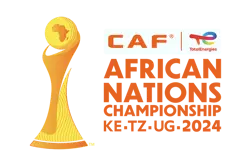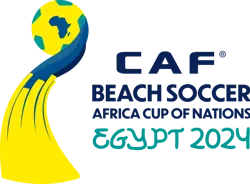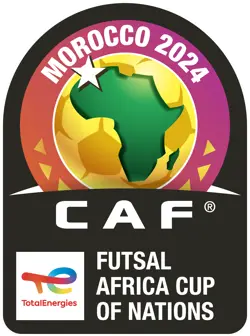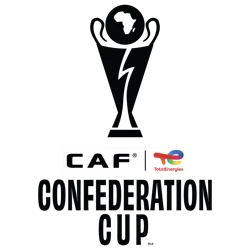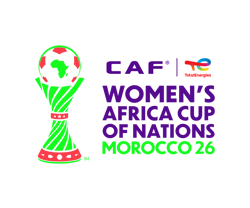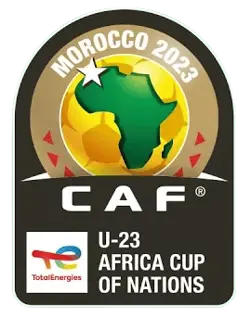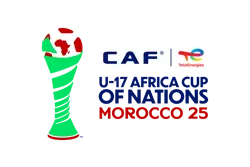Samy Trabelsi: “Tunisia Must Take the Next Step”
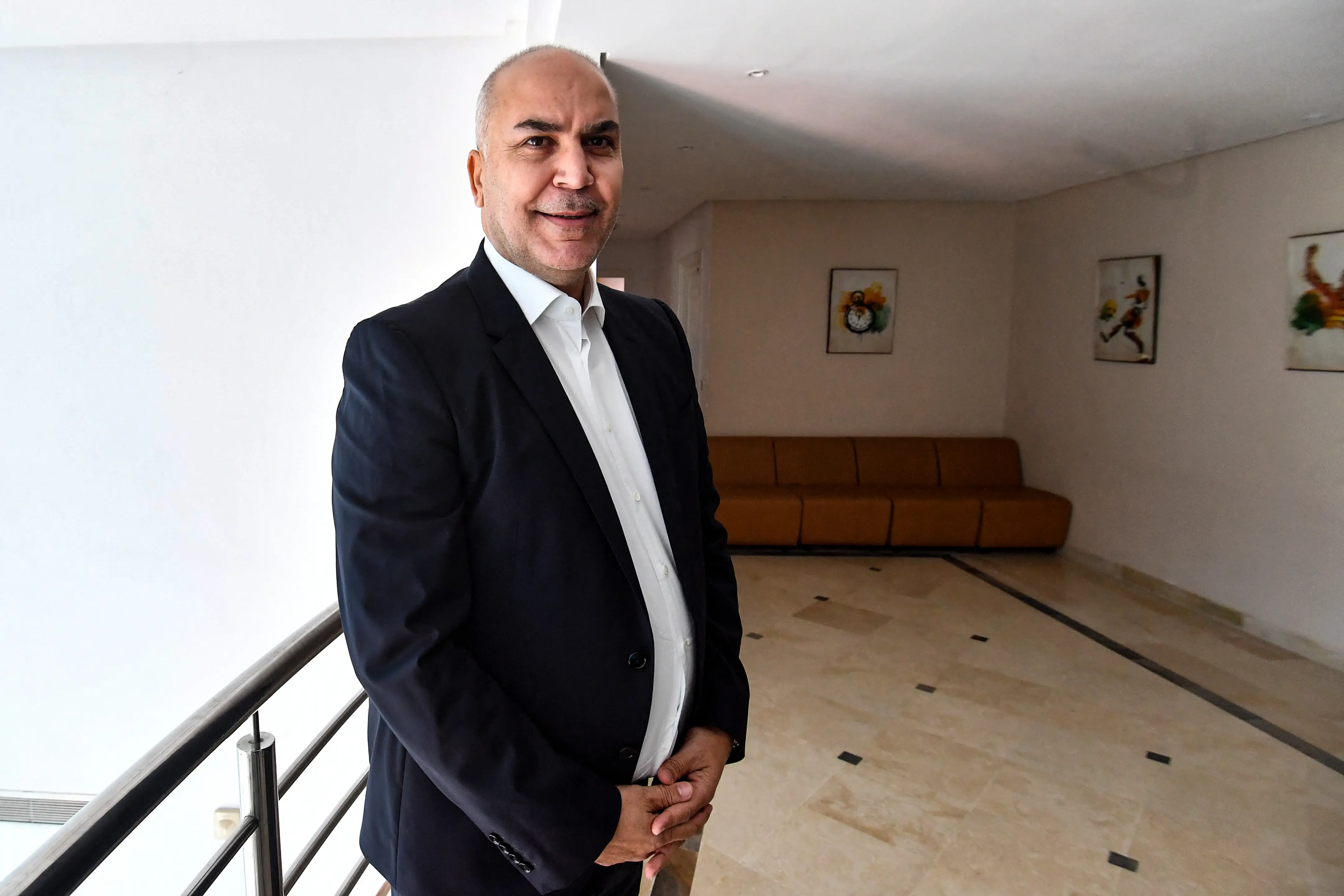
The Carthage Eagles head to the TotalEnergies Africa Cup of Nations with an impressive record: 22 goals scored and none conceded during their World Cup qualifying campaign.
Tunisia head coach Samy Trabelsi outlines his footballing philosophy: defensive solidity, building from the back, and fast, versatile attacks.
Drawing on his extensive experience, he is aiming for a top four finish.
The former African champions are longer content to simply participating, the team wants to compete at the highest level. With 22 goals scored and none conceded during World Cup qualifiers, the Carthage Eagles boast a remarkable record that reflects both defensive strength and collective cohesion. These statistics speak volumes about the influence of Samy Trabelsi, a demanding coach and seasoned tactician, capable of turning potential into tangible results.
A former finalist in 1996 and coach in 2013, Trabelsi knows African football inside out. He understands that the tournament can be unpredictable and that nothing is guaranteed. For him, the key lies in concentration, discipline, and the ability to stay united in the face of the unexpected.

CAFOnline.com: You head to the TotalEnergies CAF Africa Cup of Nations having not conceded a single goal in World Cup qualifiers, while scoring 22. What message do you want to send to your upcoming opponents with these statistics?
Samy Trabelsi: We’re not here to send messages to our opponents. We have great respect for all of them. I know the continent and the tournament—I’ve been involved as a player, as a coach, and as an assistant in 2010. The message I want to give my players is that in football, anything is possible. If we set our minds to it, we can achieve it.
We got off to a slightly rocky start in the competition “rocky” might be putting it mildly but the results weren’t truly representative. Given the context, the group, the players, and the two coaches involved, who won four matches, three matches, and drew one, there were many issues at federation level, lots of changes. After that, the squad came together, and we found the right path.
AFCON is unpredictable. Look at the last edition: Cote d’Ivorie were almost eliminated early, yet they went on to win. There are always surprises. My message to the players is simple: approach the tournament with focus and seriousness. This is a prestigious competition.
CAFOnline.com: Let’s talk about your group-stage opponents: Nigeria, Uganda, and Tanzania. What are your impressions?
Trabelsi: They are all nations to be respected. Tanzania is improving, with clubs regularly competing in the CAF Champions League and Confederation Cup. They leave a strong impression. They also have a standout player, Ali Samata, an excellent striker who has had a good career in Europe.
Nigeria remains a continental powerhouse, with a vast pool of talent playing at top European clubs.
Uganda is a nation progressing steadily. They had a solid qualifying campaign, even if their World Cup qualifiers were not exceptional. But everyone comes to the AFCON with the goal of going as far as possible, and often, unexpected teams beat stronger sides.

CAFOnline.com: You have a long history with this tournament finalist in 1996 as a player, then coach in 2013. How do you view the competition?
Trabelsi: I’ve experienced moments of glory in this Cup. As a player, I took part in three editions: 1996, 1998, and 2000. I was also assistant to Faouzi Benzarti in 2010, then head coach in 2012 and 2013. My memories are therefore mixed.
In 1996, it was a huge achievement for Tunisia: an outsider team reaching the final with a fantastic atmosphere and players who went on to have great careers. It was a golden era for Tunisian football, both at club and national level.
As a coach, my memories are less positive, particularly in 2013 when we exited at the group stage. But today, I come with far more experience and ambition. I know this tournament and what it demands.
We will play in a football-loving country, with immense passion and excellent facilities. All signs point to a high-quality edition. I hope Tunisia will be among the contenders and that we can go all the way.
CAFOnline.com: You won the CHAN in 2011, yet Tunisia has not lifted the AFCON since 2004. How do you explain this consistency without a title?
Trabelsi: It’s true. Tunisia is consistent: present in nearly every AFCON, qualified for multiple World Cups. But to win trophies, you need something extra.
We have good players, but few compete in the top leagues or reach European finals. That makes a difference. To go far, you need a united, balanced group with character. Tunisia’s great campaigns 1978, 1998, 2004 have always relied on collective spirit. Today, we have a quality squad, both technically and personally. If we maintain that cohesion, we can aim high.

CAFOnline.com: So what are Tunisia’s goals for AFCON 2025?
Trabelsi: The aim is at least a top four finish. But deep down, I believe we can go further. It’s time that our consistent qualifications translate into a trophy. Since 1994, Tunisia has missed no AFCON. But now we must turn that consistency into success. We must approach this tournament as genuine title contenders from the first match.
CAFOnline.com: Since your arrival, there’s been a renewal in Tunisian football. What have been your priorities in terms of philosophy and style?
Trabelsi: Tunisia has always had a strong identity. We are sometimes called “the Italians of Africa” for our tactical discipline and defensive solidity. We concede little, but we also scored little.
My first mission was to rebuild morale. There was fatigue and a need for cohesion.
Next, we aimed to modernize our game: build from the back, offer fast, varied, and well-structured attacks. Modern football demands the ability to control the game, not just defend.
Finally, we adjusted our pressing zones: rather than sitting deep, we press higher and push danger away from our goal.

CAFOnline.com: Last question, coach. What headline would you like to see after this tournament?
Trabelsi: I’d like to read: “Congratulations to Tunisia, a strong campaign rewarded.”
I hope we deliver a great tournament, with the reward at the end. The aim is not just to play well or please the fans: we want to win. Finding the balance between enjoyment and effectiveness is our goal. If Tunisia is rewarded at the end, then we will have succeeded.

